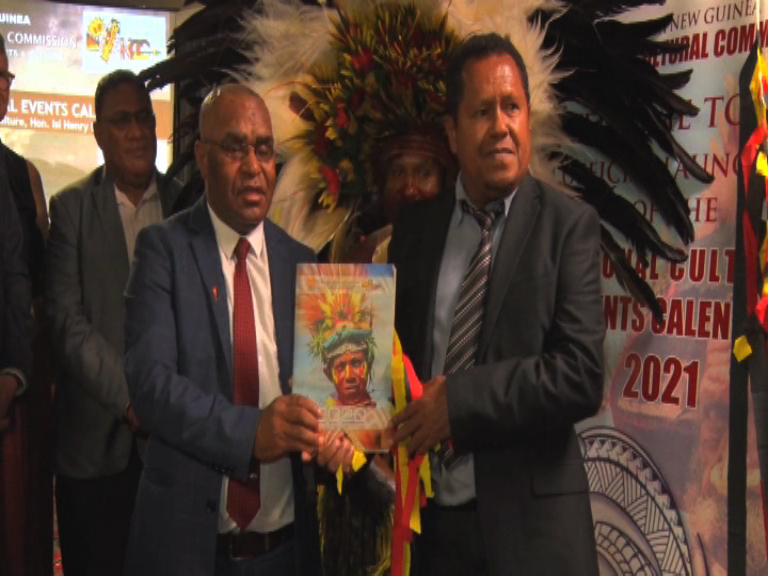The National Cultural Commission (NCC), under the Ministry of Tourism, Arts and Culture is set for 2021.
They officially launched their events calendar which will see over 50 different cultural festivals taking place throughout the year.
In spite of COVID-19 restrictions, NCC has scheduled over 50 different festivals to take place over the course of this year.
With the launch of their events calendar, NCC Executive Director, Steven Kilanda stressed the importance of preserving, promoting and safeguarding our country’s diverse cultural heritage.
Mr. Kilanda says, “We believe that culture is the single biggest stand-alone tourism product in the country. It is our identity, our source of strength and life.
He added, “NCC values the importance of ensuring that our cultures remain intact. There are many ways but most important and the biggest way to preserve our culture is through live performance.”
In an effort to achieve that importance, the National Cultural Commission has travelled to rural communities to help set up cultural festivals and encouraging villagers to take ownership of their cultures by organizing cultural events or festivals in their rural settings.
Mr. Kilanda says, “We further encourage our people to build community cultural centers to complement our live cultural performances.”
With over 50 cultural festivals now placed and recognized nationally on National Cultural Commission’s events calendar, individuals now have the power to showcase and yet preserve their culture.
Tourism, Art and Culture Minister, Isi Henry Leonard gave his full backing to support the work of the Commission saying, “ This is one priority are I will push as Minister responsible to ensure NCC gets the adequate funding it seeks to carry out its work.”
Minister Leonard also said, “Going rural and supporting cultural activities in the rural areas is the way forward following adverse impacts we have been experiencing in the tourism and hospitality industry as a result of the COVID-19 pandemic.”
That is why the Tourism Ministry is now taking a different approach through the National Cultural Commission by going rural and local.


